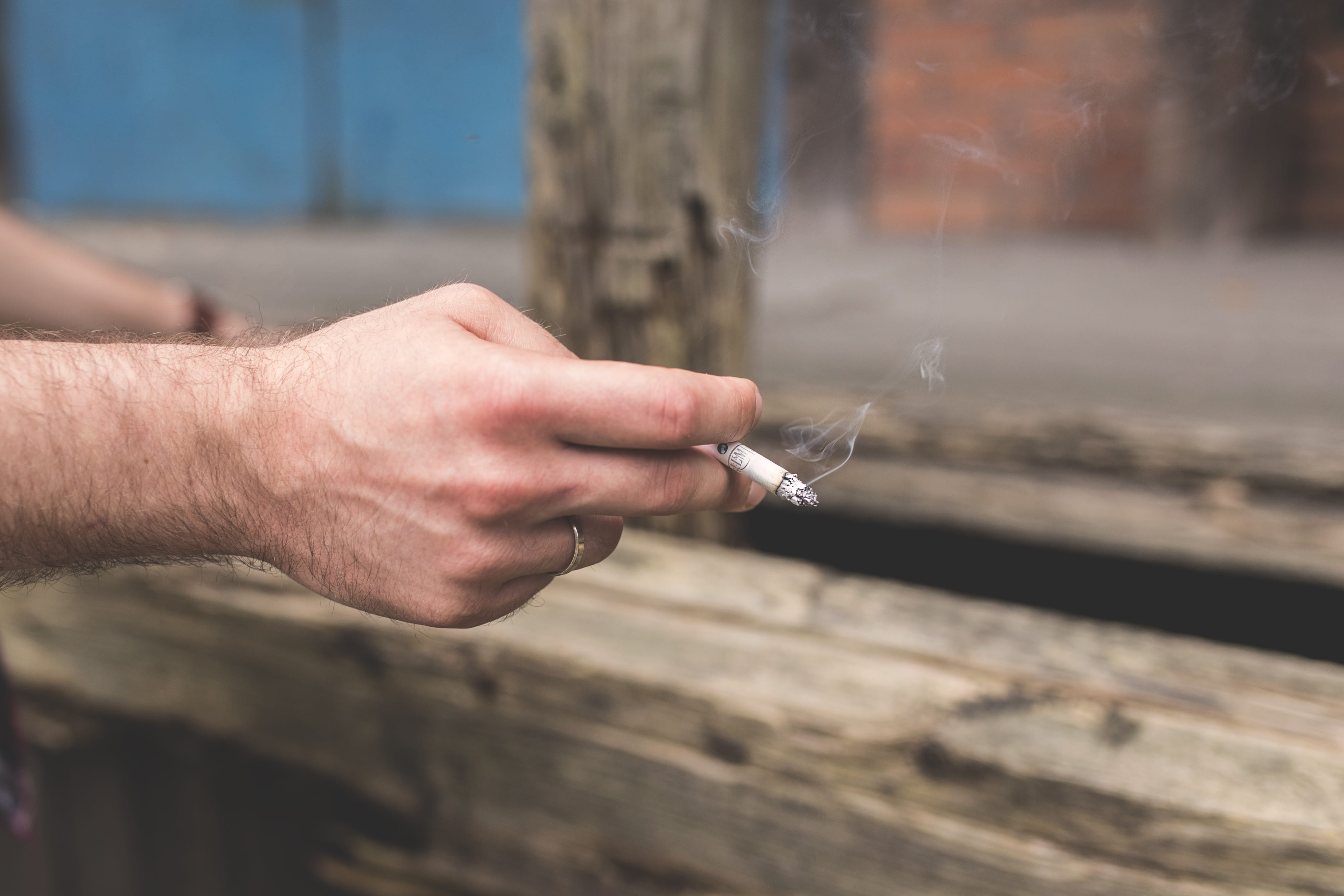Wellness
12 Tips to Quit Smoking

Smoking cigarettes is not a healthy habit; however, some individuals may smoke cigarettes to cope with chronic pain. The nicotine present in tobacco can make an individual feel good in the short term because it triggers the release of dopamine, a “feel-good” chemical in the brain. This short-term reward is the reason smoking is so addictive. However, smoking cigarettes impairs blood flow which causes less oxygen and nutrients to be delivered to vital organs, bones, tissues and muscles. This can lead to worsening chronic pain. Smoking actually increases pain sensitivity and worsens joint and abdominal pain. It can contribute to osteoporosis and the deterioration of spinal discs. Smoking also interferes with the effectiveness of pain medication.
Many smokers try to quit smoking numerous times without success; however, quitting is possible even after many failed attempts. Tips for kicking the habit for good include the following:
- Define the reason for quitting
Choosing a reason that is stronger than the urge provides motivation. For instance, when an individual quits smoking, their family is no longer exposed to the dangers of secondhand smoke; this is a good reason to stop smoking. Quitting also substantially decreases the risk of developing lung cancer, heart disease and other health conditions. Additional benefits include looking and feeling younger. - Choose a date to quit
Smoking is an addiction. When an individual quits smoking, withdrawal symptoms often occur; planning a quitting strategy in advance is helpful. Choosing a day to quit and speaking with a health care professional about smoking-cessation aids increase the probability of success. Picking a date gives individuals time to prepare; choosing a date two weeks in advance of the “quit date” tends to work best. - Concentrate on health benefits
Health benefits begin almost immediately after smoking the last cigarette. The heart rate returns to normal 20 minutes after smoking a cigarette. The blood’s carbon monoxide level decreases within one day of quitting. The risk of heart attack decreases within two to three weeks after quitting. The risk of cancer also decreases. - Learn about nicotine replacement therapy
Nicotine withdrawal can cause headaches, alter mood and decrease energy; these withdrawal symptoms increase nicotine cravings. Nicotine replacement therapy can help reduce withdrawal symptoms. The use of nicotine gum, lozenges or patches improves the success rate of quitting. Certain medications can also ease cravings associated with quitting smoking. Consulting a health care professional to determine what will work best for each individual is recommended. - Build a support team
Obtaining support from friends, family and co-workers is important. A support team should be aware of the quit date and be willing to offer moral support. Oftentimes, asking a former smoker for support is helpful. - Prepare for cravings
Ashtrays, cigarettes and lighters should be disposed of after the last cigarette is smoked. Clothes, vehicles or furnishings that smell like smoke should be thoroughly cleaned. Air fresheners help eliminate smoke smells. It is best to avoid anything that smells like smoke. - Avoid triggers
Drinking alcohol is often a trigger to smoke a cigarette and should be avoided when individuals first stop smoking. Other daily routines that individuals associate with smoking should also be changed in the first few weeks, such as having a cigarette after a meal. Other activities, such as brushing teeth, taking a walk, texting a friend or chewing gum, can replace the habit of smoking. - Get moving
Physical activity helps curb nicotine cravings. Even mild exercises can help, such as walking a dog. Physical activity can also ease withdrawal symptoms. - Reduce stress
Many individuals smoke to relax; therefore, finding new ways to unwind is essential for success. Stressful situations should be avoided as much as possible during the first few weeks after quitting. Listening to music, getting a massage, finding a new hobby or connecting with friends are great ways to reduce stress. - Enjoy the benefits
Quitting smoking saves money. Calculating the money saved encourages individuals to stay on track. Individuals should reward themselves by buying something small or doing something fun with the money typically spent on cigarettes. - Avoid secondhand smoke
When others smoke, cravings and temptations to smoke may increase. Individuals should avoid secondhand smoke for the first few weeks after quitting. - Join a support group
Sharing struggles and victories with others in a smoking-cessation support group can boost spirits and help maintain motivation. Information about support groups is usually available at local hospitals or medical clinics.


















